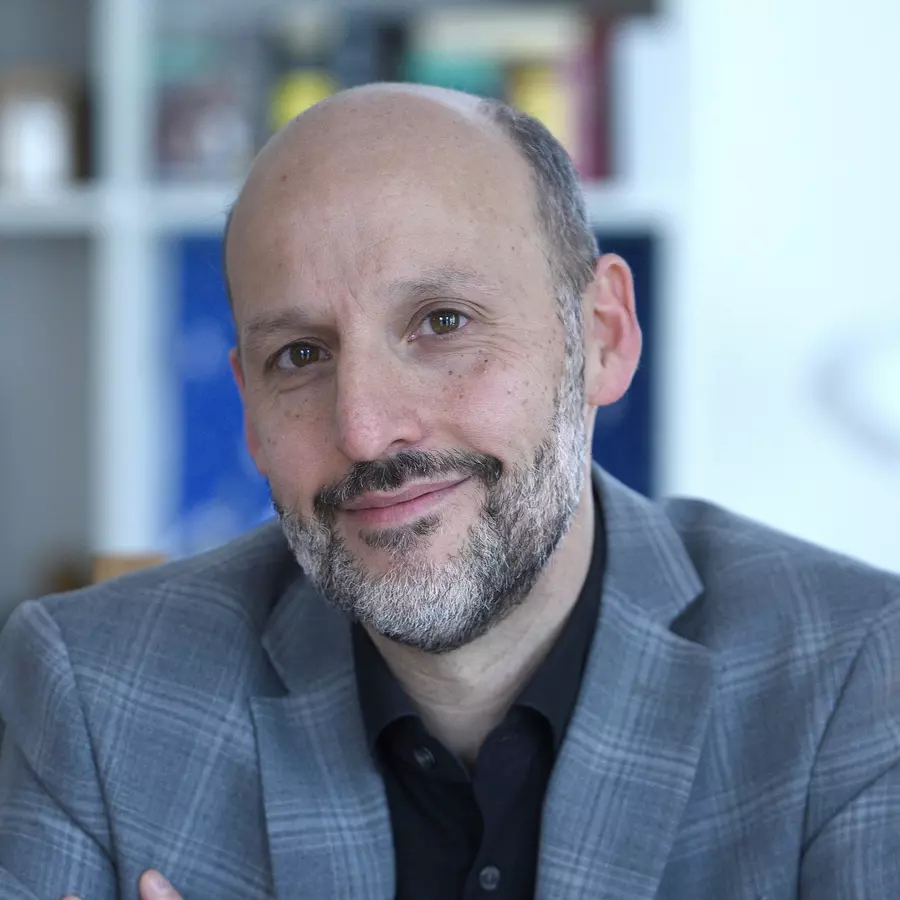
What Good Is a History of Philosophy ‘Without Any Gaps’?
Peter Adamson
Abstract: Since 2010, Peter Adamson has been hosting a weekly podcast devoted to presenting the history of philosophy in chronological order, and ‘without any gaps.’ After briefly presenting the project as it has developed over this period, he will reflect on the challenges and benefits of this approach to philosophy, and confront various objections: does one risk calling pretty much everything philosophy? Is philosophy really a concept that can be applied to any time and place? Is this conception of history of philosophy overly demanding, and does it threaten to undermine a shared vocabulary and common store of knowledge that makes philosophical education and conversation possible?
Author: Peter Adamson is Professor of Late Ancient and Arabic Philosophy at the LMU in Munich. He is the author of “Al-Kindi” and “Al-Razi” in the series Great Medieval Thinkers and has edited or co-edited many books, including The Cambridge Companion to Arabic Philosophy and Interpreting Avicenna: Critical Essays. He is also the host of the ‘History of Philosophy’ podcast, which appears as a series of books with Oxford University Press.
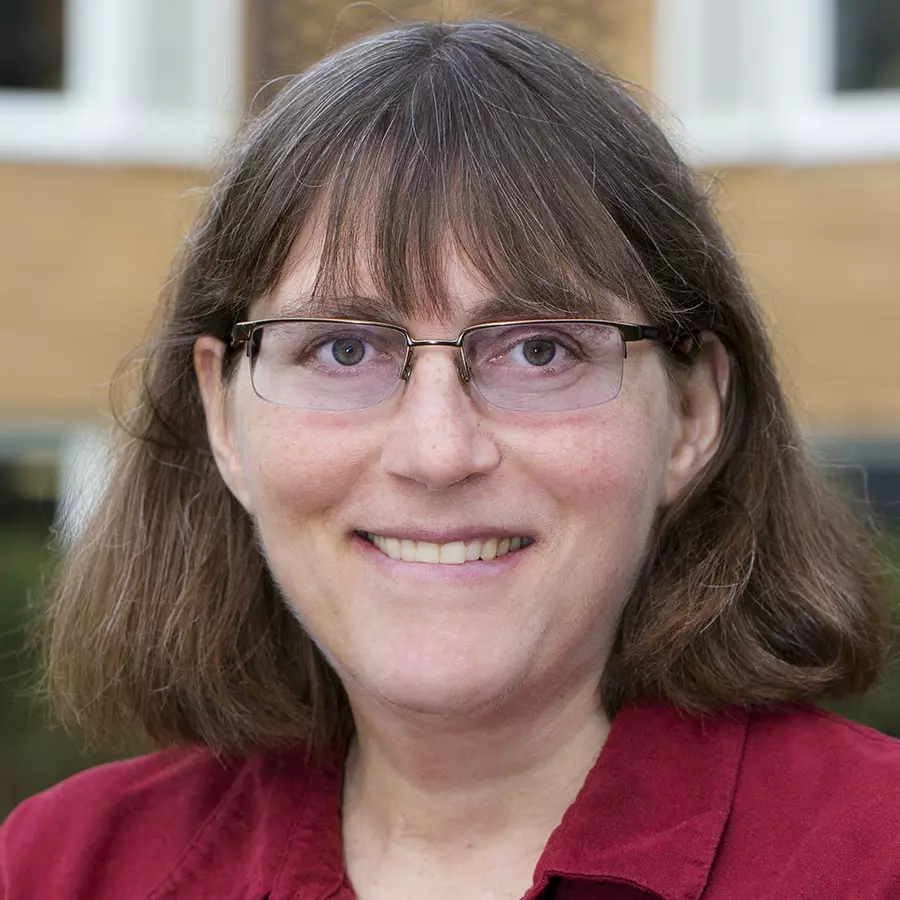
Philosophy is for Everyone
Elizabeth Anderson
Abstract: As an undergraduate, I turned from economics to philosophy because I saw that the discipline of economics raised moral, political, and conceptual questions that it was unable to answer. answer. Philosophy offered ways to answer these questions. My story is a common story. Across almost any domain of practice, people find themselves asking questions about that practice, which require them to develop ideas, methods, and arguments not yet internal to that practice. When they do that, they are doing philosophy. Philosophy is not just for experts, but for everyone. John Dewey claimed that “Philosophy recovers itself when it ceases to be a device for dealing with the problems of philosophers and becomes a method, cultivated by philosophers, for dealing with the problems of men.” I believe, with Dewey, that philosophy undertaken in this spirit goes hand-in-hand with the practice of democracy.
Author: Elizabeth Anderson is Max Shaye Professor of Public Philosophy at the University of Michigan, Ann Arbor. She is the author of Value in Ethics and Economics, The Imperative of Integration, Private Government: How Employers Rule Our Lives (And Why We Don't Talk about It), and “What is the Point of Equality?.”
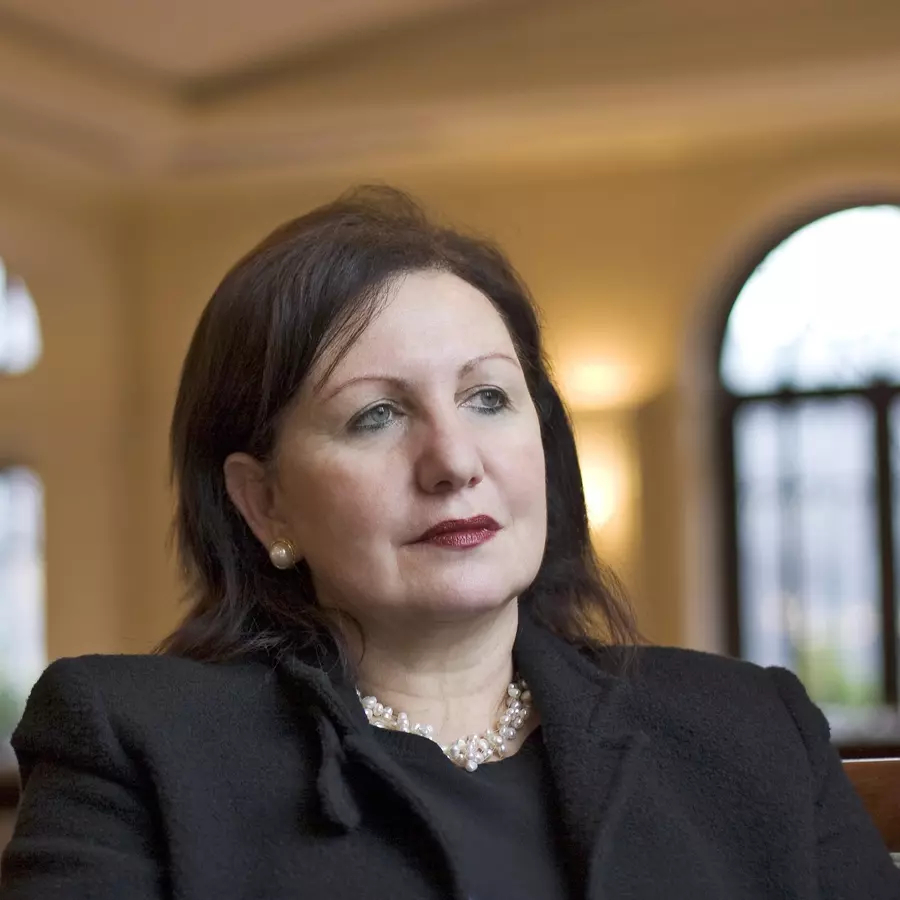
Philosopher’s Dreams of ‘Perpetual Peace’ and the War in Ukraine
Seyla Benhabib
Abstract: War is a difficult topic for philosophy precisely because it represents the breakdown of reason and rational argumentation in the conduct of human affairs. And, whatever its permutations throughout the centuries, understanding the universe around us and human actions and relations rationally, have remained as the telos of philosophy. But there has always been a competing tradition, running from Machiavelli and Hobbes to Nietzsche and Freud, that saw reason as being driven by passions and emotions it could not control. For this tradition, war is no surprise.
There is yet a third strand of philosophical thinking about war whose main aim is to ensure that peace endures, and that even if wars are inevitable, they must be controlled by moral principles worthy of human dignity. The foremost thinker of this tradition is Immanuel Kant, who in his 1795 essay on “Perpetual Peace,” both accepted that war among nations takes place, and nevertheless, formulated rational principles through which conflicts among nations could be resolved through peaceful means. Kant developed a “realist utopia” of peace among nations, in John Rawls’s words.
Over the centuries, the Kantian definitive articles of perpetual peace – such as that the constitution of every state should be republican; that nations should form a “pacific federation” to settle conflicts among themselves; and that nations should exercise hospitality toward strangers – have inspired the development of international law and international institutions.
The Russian aggression against Ukraine which violates Article 2(4) of the United Nations Charter, and many other humanitarian laws of war as well, must be condemned in the strongest possible terms. This war signals a return from the rule-based international order of the post WWII period (however faulty it may have been) to the emergence of an order based on an authoritarian and expansionist ideology of spheres of influence among hegemonic powers.
Author: Seyla Benhabib is the Eugene Meyer Professor of Political Science and Philosophy Emerita at Yale University. She is currently Scholar in Residence at Columbia Law School. Professor Benhabib is the recipient of the Ernst Bloch prize, the Leopold Lucas Prize, and the Meister Eckhart Prize. She has written or co-edited over 15 books, including Situating the Self: Gender, Community, and Postmodernism in Contemporary Ethics, The Rights of Others. Aliens, Citizens, and Residents, and Exile, Statelessness, and Migration: Playing Chess With History from Hannah Arendt to Isaiah Berlin.
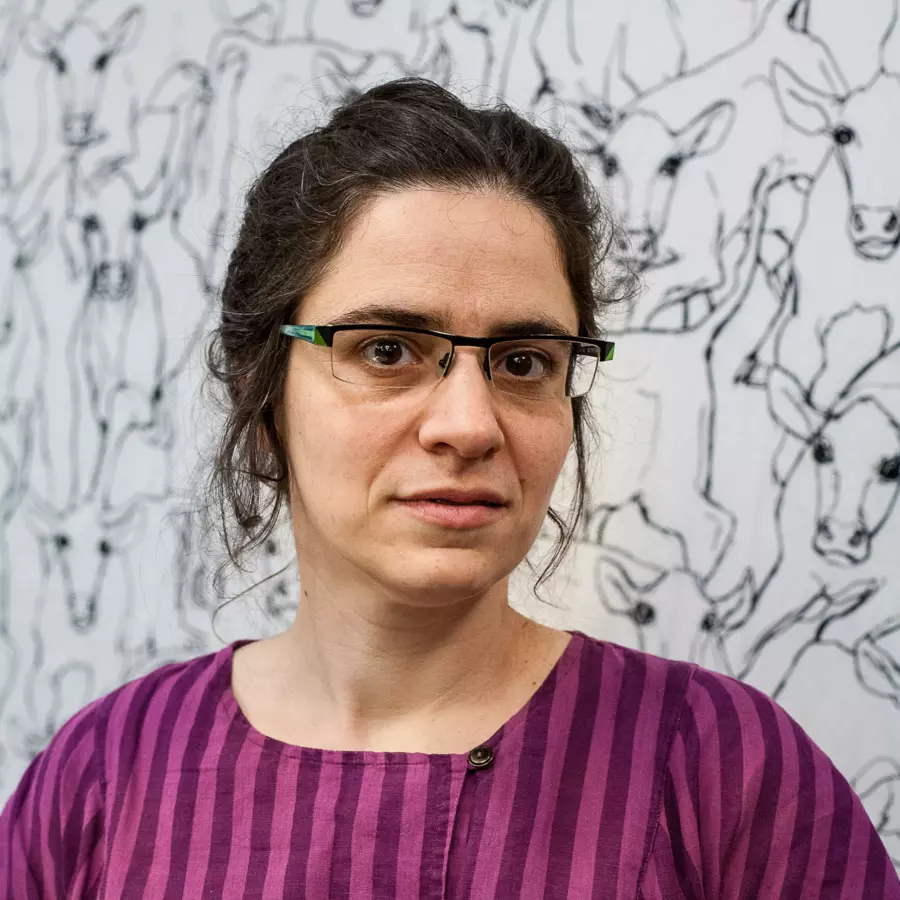
The Paradise Paradox
Agnes Callard
Abstract: When Plato, Moore or Bacon conjure up utopias, they often strike contemporary readers as dystopian. In each case, we have specific reasons for objecting, but the pattern is telling. When I teach Genesis, I find that few students really view leaving the garden of Eden as a punishment. They’re glad we got kicked out. It is not an accident that much utopian writing takes the form of satire (Butler, Swift). It comes naturally to us to present a utopia sarcastically: “as though this were a utopia!” William James describes a weeklong visit to a real-life utopia in Chatauqua, New York. After a week there, he found it intolerable. The paradox about paradise is that we don’t seem to like it. If one of our central projects is making the world a better place, how much should it disturb us that, were we to succeed, we’d hate the results?
Author: Agnes Callard is an Associate Professor of Philosophy at the University of Chicago. She is the author of Aspiration: The Agency of Becoming and the editor of On Anger. She has a podcast with economist Robin Hanson called ‘Minds Almost Meeting’, and she has written popular essays for The New York Times, The New Yorker, and The Point.

Liberation Philosophy
Quassim Cassam
Abstract: Many people are familiar with the idea of Liberation Theology, a radical theology which focuses on human oppression and seeks to make a positive contribution to human emancipation. The idea of Liberation Philosophy is less well known, though it has been discussed by some Latin American philosophers. My two questions are: can philosophy be liberatory, and should it be? Not all areas of philosophy can have liberatory ambitions. For example, it is hard to see how there can be liberation philosophy of physics. I will focus on epistemology and make the case that it is both possible and desirable for epistemology to contribute to emancipation from various forms of oppression, including social and political oppression and, less seriously, philosophical oppression. This is in line with the idea that, as Philip Kitcher has noted, philosophy is the activity of reflecting in a general way on problems that emerge from situations in which people – many people, not just an elite class – find themselves.
Author: Quassim Cassam is Professor of Philosophy at the University of Warwick, a Fellow of the British Academy, and an Honorary Fellow of Keble College, Oxford. He is the author of seven books, including Extremism: A Philosophical Analysis and Vices of the Mind.

Philosophy as Freedom of Thought
Tim Crane
Abstract: Wittgenstein said: ‘The philosopher is not a citizen of any community of ideas’. This remark could be taken as a rather high-handed and high-minded dismissal of involvement in communal thinking: ‘I’m above all that!’. But I take it in another way. Philosophy at the present moment struggles to be relevant to current political and public causes — and so it should. The problems the world faces involve ethical and political issues of such enormity that no serious philosopher should turn away from them. But the result of this attempt at engagement has resulted in something which is to my mind less philosophical: conformity of ideas and a kind of orthodoxy. Although we philosophers are supposed to challenge every idea, this rarely happens in the realm of public philosophy these days. We rarely find unusual political ideas, whether true or false. Rather we find the same ideas everywhere; very sophisticated versions of these ideas, but the same ideas nonetheless. Part of the explanation is the structure of academia, which despite its declared ambitions, tends towards conformity. My hope for philosophy is that it can genuinely transcend this conformity and achieve a genuine freedom of thought.
Author: Tim Crane is Professor of Philosophy at the Central European University in Vienna. He was previously Knightbridge Professor of Philosophy at the University of Cambridge, and Professor of Philosophy at University College London. His books include The Mechanical Mind, Elements of Mind, The Objects of Thought, Aspects of Psychologism, and The Meaning of Belief: Religion from an Atheist’s Point of View.
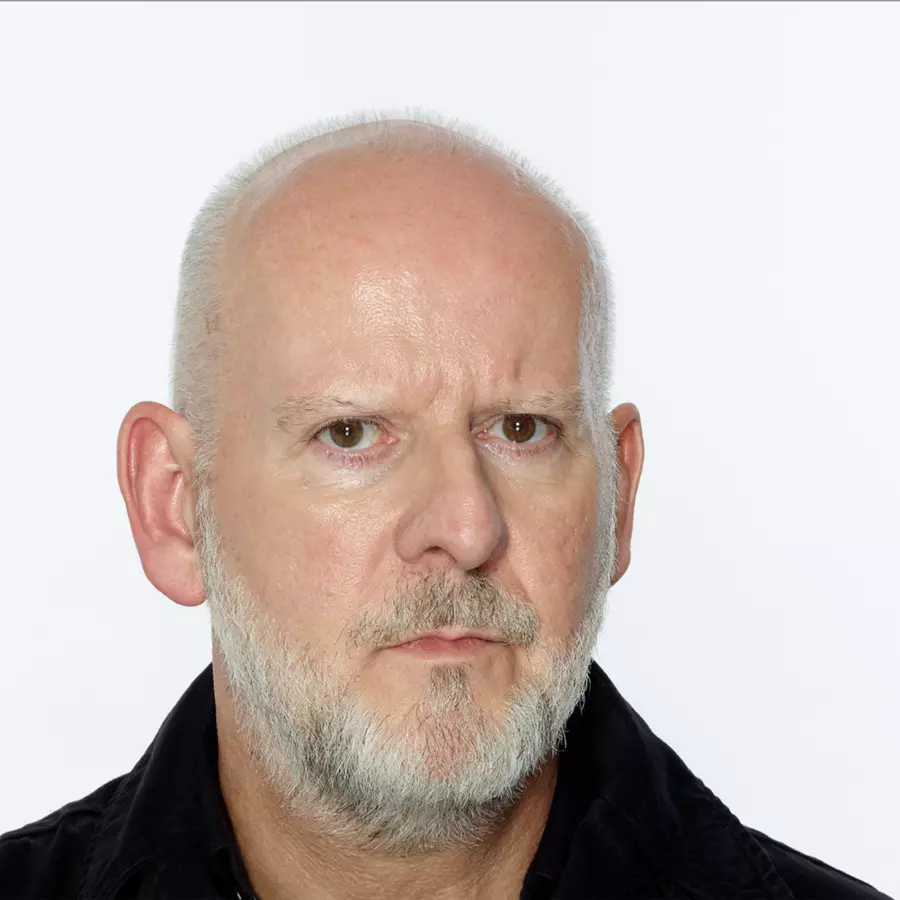
Question Everything – The Story of The Stone and Philosophy in The New York Times
Simon Critchley
Abstract: In Being and Time, Martin Heidegger characterizes human existence as questionable. Who we are and what we do is always open to revision and reevaluation, and that means we are always free to critique the status quo and to pursue something new. As moderator of the long-running philosophy column in The New York Times, The Stone, I encouraged my contributors to question everything. And in this talk, I will explore the various ways I brought Heidegger’s account of human existence to bear on current affairs from 2010-2022.
Author: Simon Critchley is Hans Jonas Professor at the New School for Social Research. His books include Very Little…Almost Nothing, Infinitely Demanding, The Book of Dead Philosophers, and The Faith of the Faithless. He has also written a novella, Memory Theatre, and a book-length essay, Notes on Suicide. He was series moderator of The Stone, a philosophy column in The New York Times and co-editor of three volumes connected to the series, most recently Question Everything.
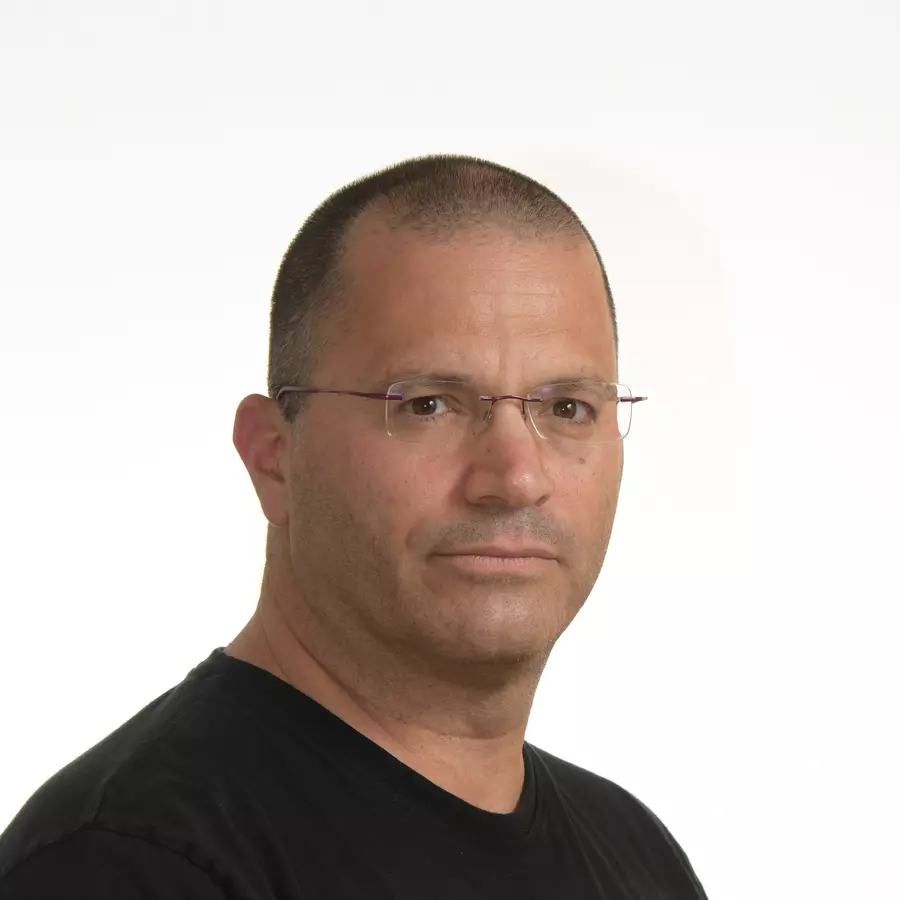
What Good Is Political Philosophy in the Face of an Acute Political Crisis?
David Enoch
Abstract: Political philosophy, one would naively assume, is the most political part of philosophy. Surely it has about as strong a claim – and perhaps also as weighty a responsibility – as any philosophical subdiscipline to be politically relevant. And yet, in the face of such acute political crises as the war in the Ukraine or the rapidly receding democracy in Israel, when political action is called for, the abstract discussions of political philosophy, focusing on the hard theoretical questions, do not seem more relevant than the more arcane parts of, say, analytic metaphysics.
What good, then, is political philosophy at such times? And if it is not, isn’t the gap between abstract theorizing and political practice a problem for political philosophy at other times as well?
I argue that political philosophers can nevertheless make a (modest) difference for the better, even in times of crises. We can, at the very least, serve as counter-balance for poor and manipulative normative arguments on the other side. And perhaps we can serve as a reminder, much needed at times of crises, that politics may be thought about in rational, cool-headed ways. Perhaps in this way, and perhaps via our abstract discussions, we can play a role in preparing for better days.
Author: David Enoch is the Rodney Blackman Chair in the Philosophy of Law, at the philosophy department and the faculty of law, at the Hebrew University of Jerusalem. He’s the author of Taking Morality Seriously: A Defense of Robust Realism as well as a host of scholarly articles, including “Against Public Reason” in Oxford Studies in Political Philosophy and “False Consciousness for Liberals” in Philosophical Review. He also regularly weights into political debates by writing op-eds in the Israeli press
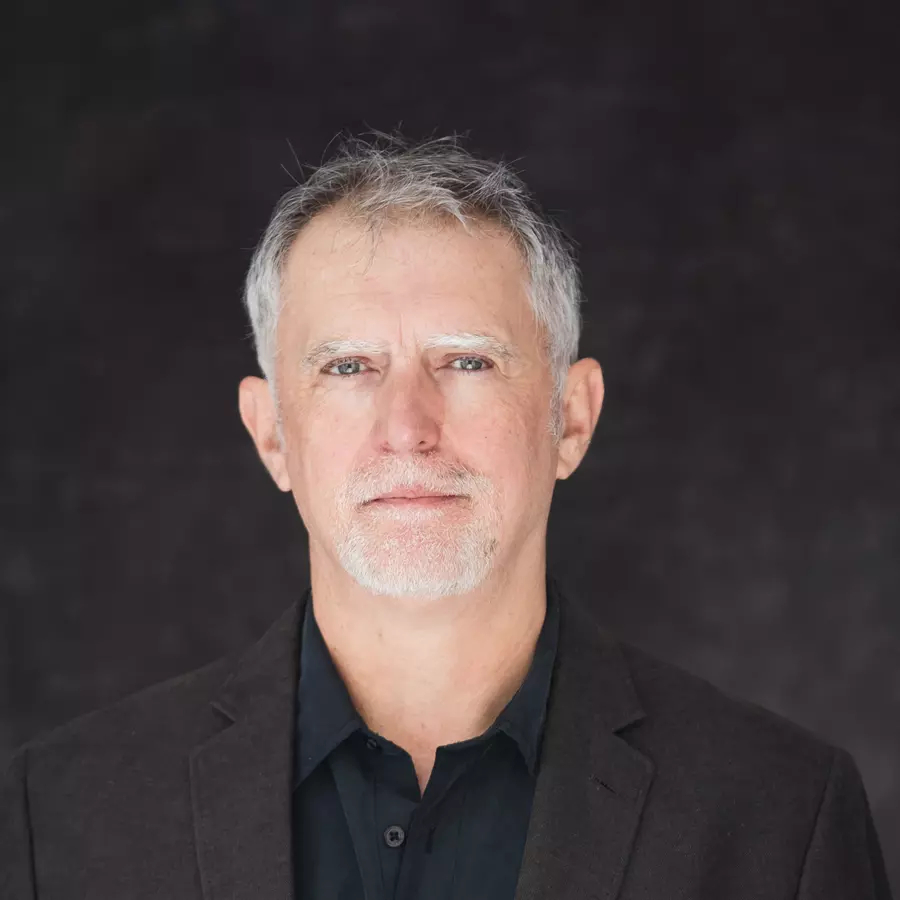
Philosophy and Events of the Day
Peter Godfrey-Smith
Abstract: The slow rate of change in philosophy contrasts with the ever-accelerating pace of political and international events. My talk will discuss the relationship between academic philosophy and various controversies and crises in political and international affairs. The cases discussed will include the Covid pandemic, the Ukraine War, the Vietnam War, and perhaps some others. How should philosophers approach issues in which specialized expertise and background knowledge are important? How can our skills and perspective be positive factors in discussions of these matters?
Author: Peter Godfrey-Smith is Professor of History and Philosophy of Science at the University of Sydney. He previously taught at Stanford, ANU, Harvard, and the CUNY Graduate Center. He has written six books, including Other Minds: The Octopus and the Evolution of Intelligent Life, now in 20 languages, and his most recent book Metazoa: Animal Life and the Birth of the Mind.

Philosophy and Paradigm Shifts
Sally Haslanger
Abstract: In order to be fluent in everyday social life, we need to share background concepts and assumptions with those we interact with, for coordination with others requires us to judge when and how to act in ways that foster constructive interaction. However, because such concepts and assumptions become common sense, it is hard to notice or question them. Yet our everyday practices are often problematic and produce harm and injustice, so we should be alert to ways we might do better. Philosophy invites us to reconsider common sense, to imagine and explore alternatives, and experiment with new ways of interacting. Although we can reason our way out of some social formations, in other cases what we need is a paradigm shift, where old assumptions that frame our reasoning are discarded and replaced with ones that shift our perspective more dramatically. This is why philosophy is so much fun, and when we expand our capabilities for meaningful and just social relations, also so valuable.
Author: Sally Haslanger is Ford Professor of Philosophy and Women's and Gender Studies at MIT. She also teaches in D-Lab, a hands-on program using participatory design to create inclusive, accessible, and sustainable solutions to global poverty challenges. Her book, Resisting Reality: Social Construction and Social Critique received the Joseph B. Gittler award for outstanding work in philosophy of the social sciences. In 2013-4, she was the President of the Eastern Division of the American Philosophical Association; in 2015, she was elected to the American Academy of Arts and Sciences.
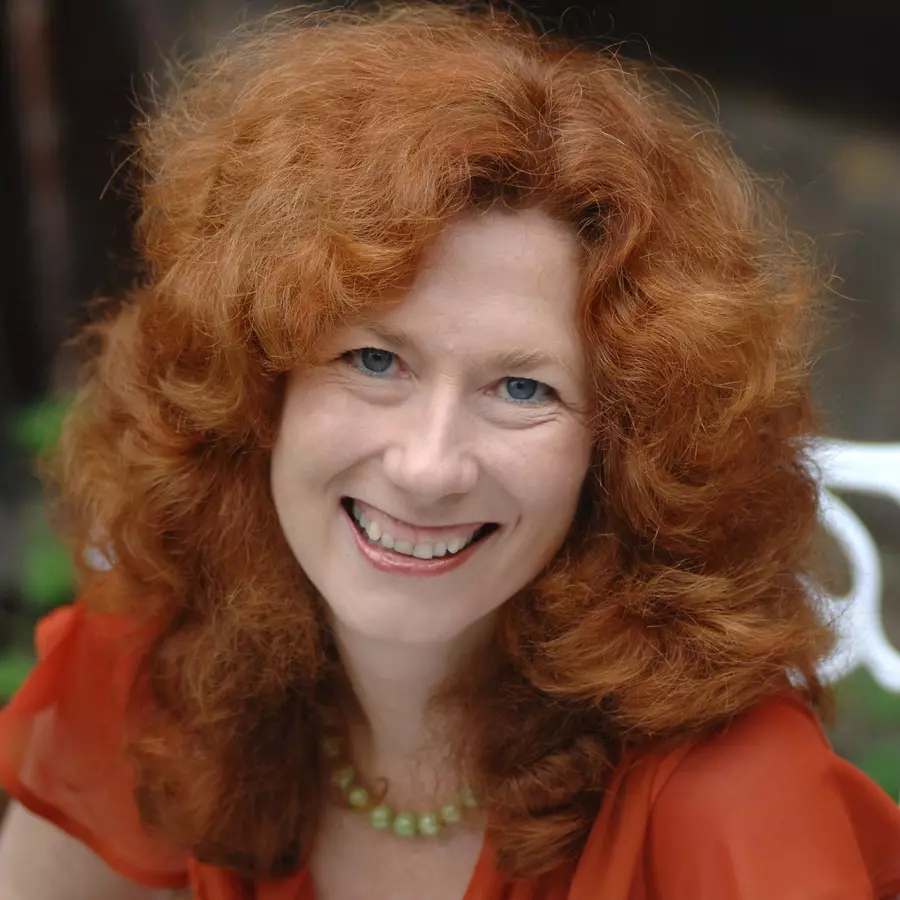
Public Philosophy in an Age of Uncertainty
Angie Hobbs
Abstract: We live in profoundly uncertain times. But philosophy – both inside and outside the academy – can assist us in many ways. It can help us cut through the confusion, half-truths, falsehoods and lies to work out which things are certain and which things are not. In dealing with the uncertainties, it can help us work out which of them are at least partly under our control, and it can foster the creative imagination and mental suppleness needed to work out ways forward. In situations where we do not have the power to shape events, ancient Greek philosophy can provide techniques and therapies for helping us respond to them in a positive way. It can particularly achieve this by offering us a secure framework for what it might mean for an individual or community to flourish (Greek eudaimonia), even in those situations where feeling happy is neither possible nor appropriate. Lastly, philosophy can help us appreciate that uncertainty is not always bad: aporia or perplexity can serve as an opportunity for intellectual and moral growth.
Author: Angie Hobbs is Professor of the Public Understanding of Philosophy at the University of Sheffield. She is the author of Plato and the Hero and Plato’s Republic: A Ladybird Expert Book. She contributes regularly to radio and TV programs around the world, including the BBC’s In Our Time, and she was recently a judge of the Man Booker International Prize.
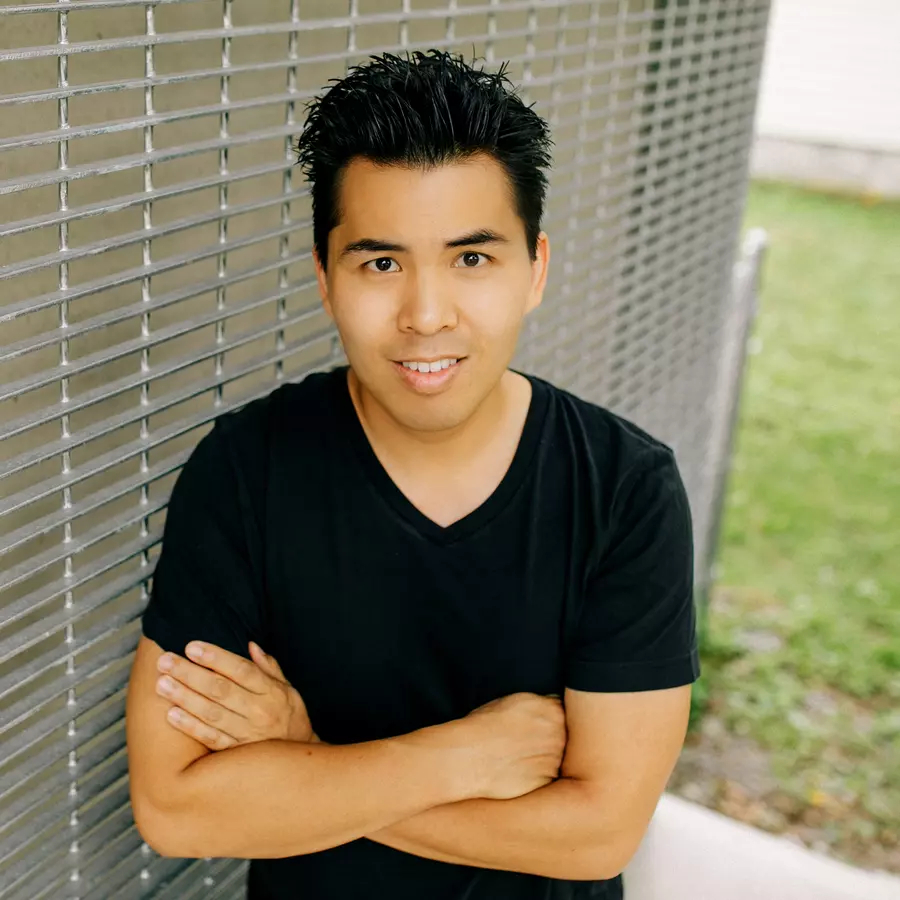
Discretion – A Philosophical Analysis of the Power of Bureaucrats
Barry Lam
Abstract: Philosophy can bear on current affairs by questioning the justice and wisdom of some of the things we take for granted when we implement public policies. The example I will use in this talk is the power of discretion, which is the ability governments give to people in positions of power to reinterpret, ignore, or selectively enforce rules, laws, and regulations. Some examples are a police officer who lets someone go even though they committed a crime, a judge who decides against abiding by sentencing norms, border guards who disregard rules and let people pass, or any administrator that issues some kind of judgment that someone is an exception to a rule. I will talk about the long tradition in both Western and Eastern political philosophy that argues that discretion is unjust, illegitimate, and against the interests of well-run societies, as well as other arguments that it is necessary and must be cultivated wisely.
Author: Barry Lam is Professor of Philosophy at UC Riverside and Visiting Professor of Philosophy at Princeton University. He is the founding host and producer of the Hi-Phi Nation podcast, a show that blends philosophy with stories from everyday life, current events, science, and culture. Hi-Phi Nation is on the Slate network of podcasts and is currently in its sixth season of production.
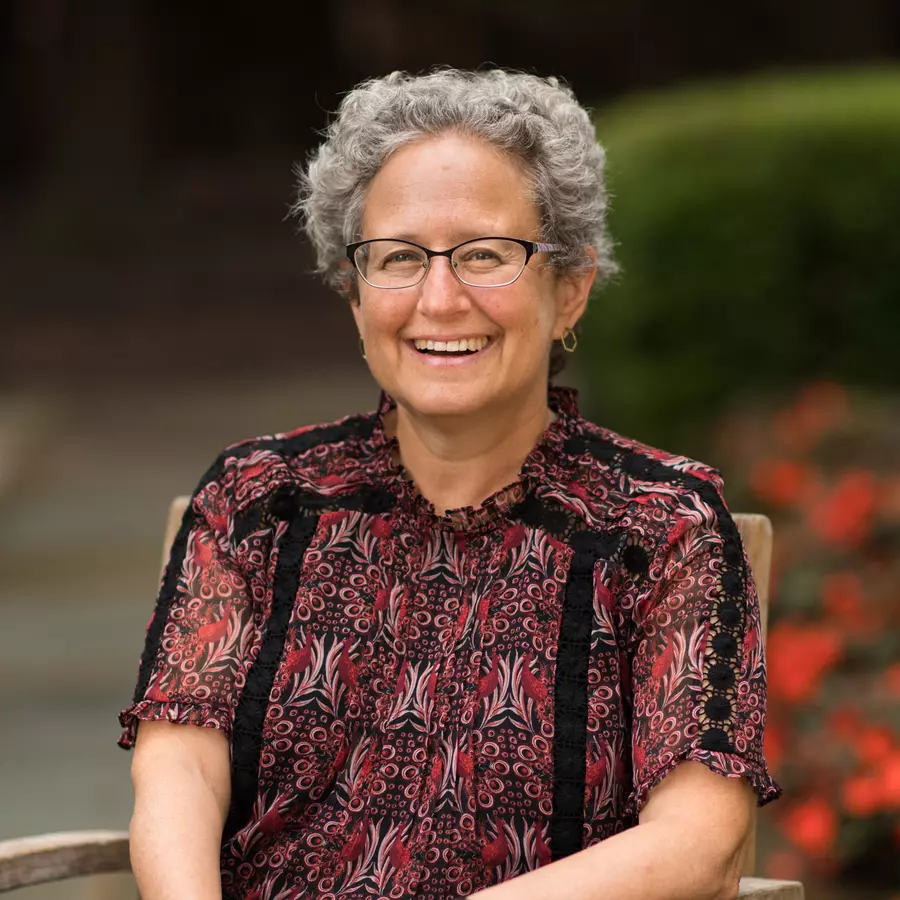
Philosophizing Our Way Out of the Cave
Melissa Lane
Abstract: In thinking about the value of philosophy, I take my cue from Plato’s portrait in the Republic of the predicament of the Cave. A passive citizen body, a conniving and self-interested set of sophistic opinion-formers and demagogic political leaders, a systematically misleading and damaging order of political structures and common beliefs and appetites: this is how Plato portrays the effects of his contemporaries’ system of education—by which he means their values and practices. What are the ways in which we might today be trapping ourselves in similar caves? I will explore in particular the question: in clinging to the comforts and familiarities of our current way of life and its fossil-fuel infrastructure, are we trapping ourselves in a modern version of Plato’s cave? What would it mean for our conceptions of our polities and our selves if we were to dare to leave that cave, facing the challenge of making our conveniences and competitions conform to the implacable demands of external reality—and in particular, the demands of ecological sustainability, including the need to rein in climate change? This talk takes seriously the philosophical challenge which Plato poses, while developing a more positive answer than he did as to whether a democratic society could conceivably generate such change from within.
Author: Melissa Lane is the Class of 1943 Professor of Politics and the Director of the Center for Human Values at Princeton University. She is the author of Greek and Roman Political Ideas

Beauty at the Barricades
Dominic Lopes
Abstract: What do we have reason to fight to protect? The answer might come as a very long list or particular goods or as a shorter list of fundamental goods. Beauty and the arts feature on the short list, though one might think that they pale in importance when our lives are on the line for freedom, family, and security. This talk explains why beauty and the arts are all especially important in the most difficult times. They hold up a model of everything we have reason to fight for.
Author: Dominic Lopes is University Killam Professor in the Department of Philosophy at the University of British Columbia and a Fellow of the Royal Society of Canada. He is the author of Being for Beauty, Aesthetics on the Edge, and Understanding Pictures along with a host of scholarly and popular articles about the nature of aesthetic value and its human significance

It’s (Not) All in Your Mind: Philosophy and Gaslighting
Kate Manne
Abstract: Gaslighting has long been a philosophical preoccupation of mine. In this talk, I explain how the treatment I’ve sometimes encountered in philosophy – being told, for example, that “It’s all in your mind” about the operation of misogyny – makes me need more philosophy. More broadly, philosophy can help us push back against gaslighting, by giving us the intellectual tools and disciplinary permission we need to disagree with our social superiors, within the sexist, misogynistic, racist, classist, ableist, homophobic, transphobic, and fatphobic world which we all have to navigate. That philosophy is also conducive to gaslighters, for reasons I’ll explore, remains a bitter, tricky irony.
Author: Kate Manne is an Associate Professor of Philosophy at Cornell University. She has written two books – Down Girl: The Logic of Misogyny and Entitled: How Male Privilege Hurts Women – and is currently working on a third, called Unshrinking: How to Face Fatphobia. She regularly writes opinion pieces, essays, and reviews on moral and political topics for a wider audience, and her public work has been published in The New York Times, The Washington Post, The Atlantic, and Politico.

What Good Is Moral Philosophy?
Jeff McMahan
Abstract: After completing a BA degree in English Literature, I switched to the study of philosophy because I was concerned about various moral and political issues. In high school and at university, I was opposed to the US’s war in Vietnam and was deeply worried about the risk of nuclear war. But I was aware that many people, including some politically very powerful people, who I thought were acting egregiously immorally were nevertheless in part morally motivated. They believed that they were doing what they morally ought to do. In my activist work, I did not want to be among them. I wanted to make a difference, but through these people I became acutely aware of the risk of inadvertently making a difference for the worse. So, I turned to the study of moral and political philosophy in an effort to ensure that the moral beliefs on which I would act were defensible. In contemporary conditions of mass deception, mass delusion, and intolerance of opposing beliefs, this effort is more important than ever.
Author: Jeff McMahan is the Sekyra and White’s Professor of Moral Philosophy at the University of Oxford. He is the author of The Ethics of Killing and Killing in War. He has also written popular philosophy pieces for The New York Times, The New Statesman, and Philosophy Now.

Philosophy, For Better, For Worse, and In Itself
Jennifer Nagel
Abstract: Philosophy doesn’t necessarily make things better. A touch of philosophy can often make things worse: ask yourself a few fundamental questions about knowledge, and you can find yourself drifting towards skepticism about whether there is any such thing. Sometimes philosophy can make things much worse: a certain billionaire has been arguing that freedom is incompatible with democracy, with a sophistication doubtless aided by his undergraduate philosophy training at Stanford. But the observation that philosophy may be used for good or bad ends is compatible with unqualified support for an independent centre charged with advancing both scholarly and public philosophy. This is in part because we can separate the question of what other values philosophy can be used to advance, from the question of what value philosophy has in itself. There is intrinsic value in the freedom of thought that is the deepest characteristic of philosophy: it is part of human flourishing to have the luxury of thinking about questions of fundamental importance. Meanwhile, there is some reason to think that sharing this luxury among members of the public more broadly can make things better, even in the sense of protecting us from creepy philosophical arguments against knowledge and democracy.
Author: Jennifer Nagel is Professor of Philosophy at the University of Toronto. She is the author of Knowledge: A Very Short Introduction, and her recent work focuses on intuitive impressions of knowledge and belief, and on what these impressions tell us about knowledge itself.
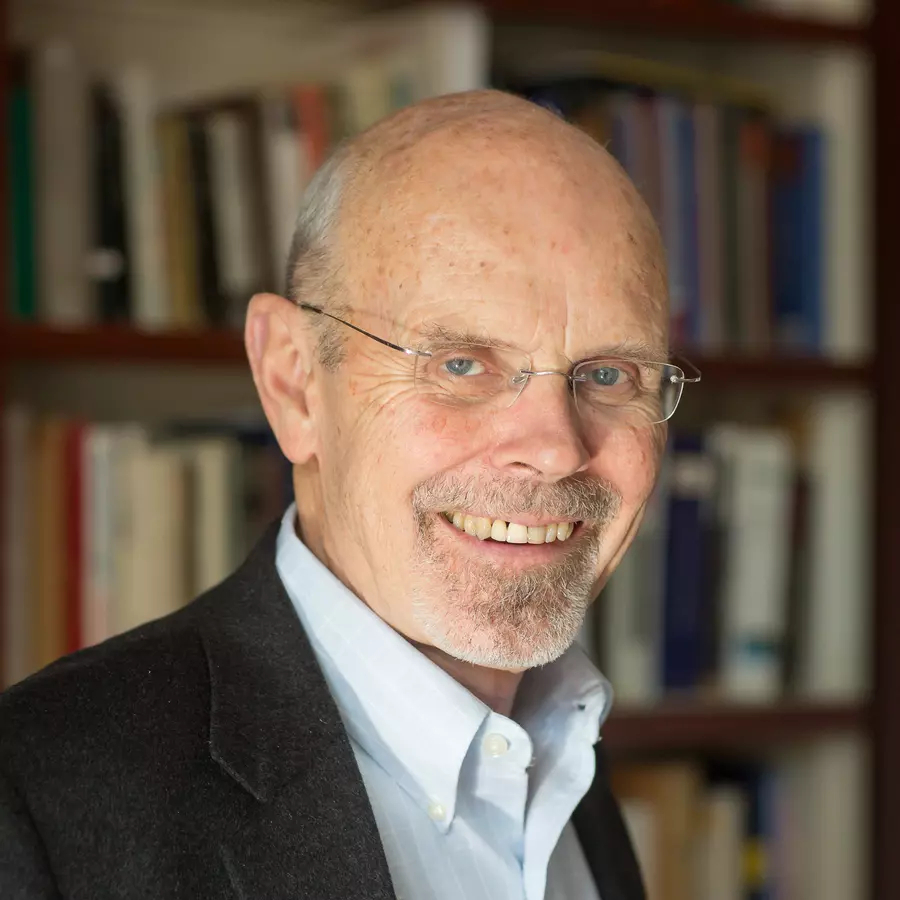
From Philosophy to Politics
Philip Pettit
Abstract: Like mathematicians, philosophers embrace their discipline for the intellectual joy of exploring the questions it raises. But, reliably if irregularly, philosophy like mathematics can yield insights and ideas that catch on in other disciplines and in other pursuits. I am affiliated with the neo-republican way of thinking that has had just such an impact in politics. The core republican ideas are these. First, free citizens should be secured individually by the polity against any power on the part of others to restrict their personal liberties, whether or not others are likely to exercise that power. And second, they have to be secured against the abuse by authorities of the special power the polity gives them. Free citizens have to be able to avoid the rule of a private dominus, enjoying social justice. And they have to be able to avoid the rule of a public dominus, enjoying political or democratic justice.
José Luis Zapatero adopted this philosophy of government during his time as President of Spain. At his invitation, I kept in close touch with his administration and did a public review in 2007 of his performance from a neo-republican point standpoint. I will use this experience to reflect on how useful a philosophy can be to those in government. Zapatero’s his catch-cry of ‘No dominacion’ enabled him to win popular support for a range of important reforms and it was exciting to witness those developments at first hand.
Author: Philip Pettit is L.S.Rockefeller University Professor of Human Values at Princeton University and Distinguished Professor of Philosophy at the Australian National University, Canberra. He is the author of a range of books, including Republicanism: A Theory of Freedom and Government and, with Jose Marti, A Political Philosophy in Public Life: Civic Republicanism in Zapatero’s Spain. A new book, The State, appeared in March 2023.
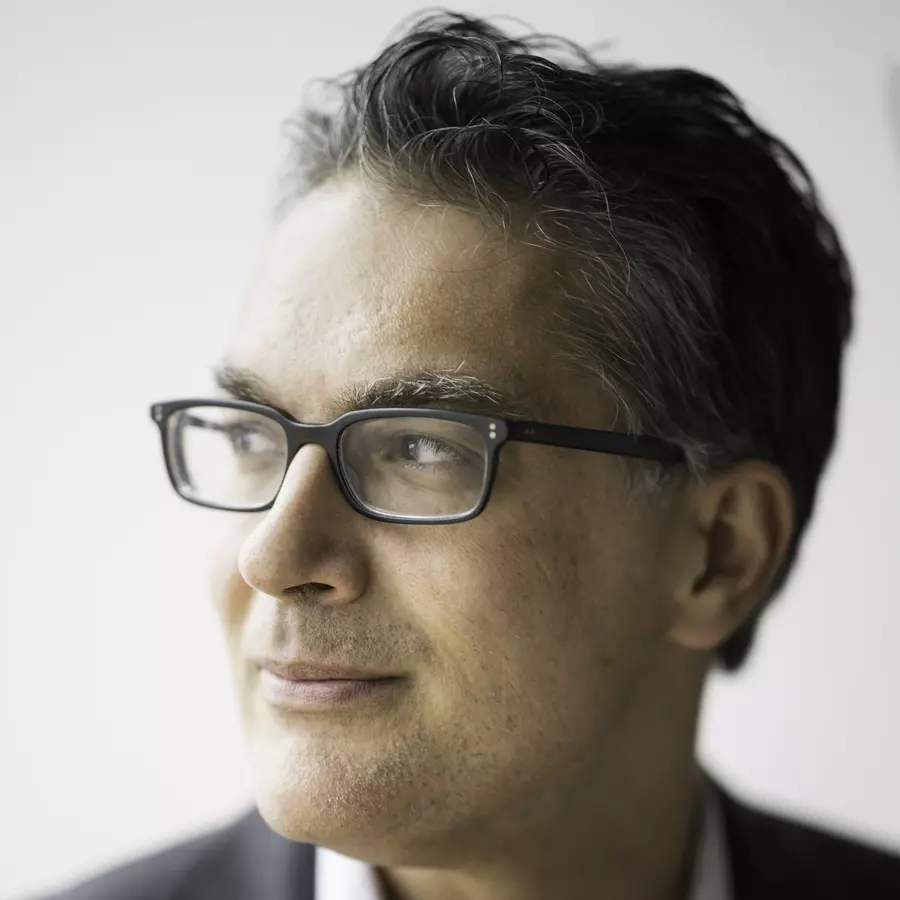
Public Philosophy, Amelioration, and Existential Value
Kieran Setiya
Abstract: In recent years, academic philosophers have increasingly pursued what is now called “public philosophy.” Almost everyone agrees that this development is positive. But what is public philosophy? What should it be? And why does it matter? Looking back to models both ancient and modern, this talk will be an exercise in public philosophy that explores the nature and value of public philosophy. It argues against an exclusive emphasis on “activist” philosophy, drawing on a contrast between ameliorative and existential value found in Aristotle and John Stuart Mill to make the case for “pure” public philosophy. In the end, though, the distinction between activist and pure public philosophy proves artificial insofar as pure public philosophy is itself a form of activism, on behalf of philosophy and its cultural survival.
Author: Kieran Setiya teaches philosophy at MIT, where he works on ethics and related questions about human agency and human knowledge. He is the author of Midlife: A Philosophical Guide and Life is Hard: How Philosophy Can Help Us Find Our Way.
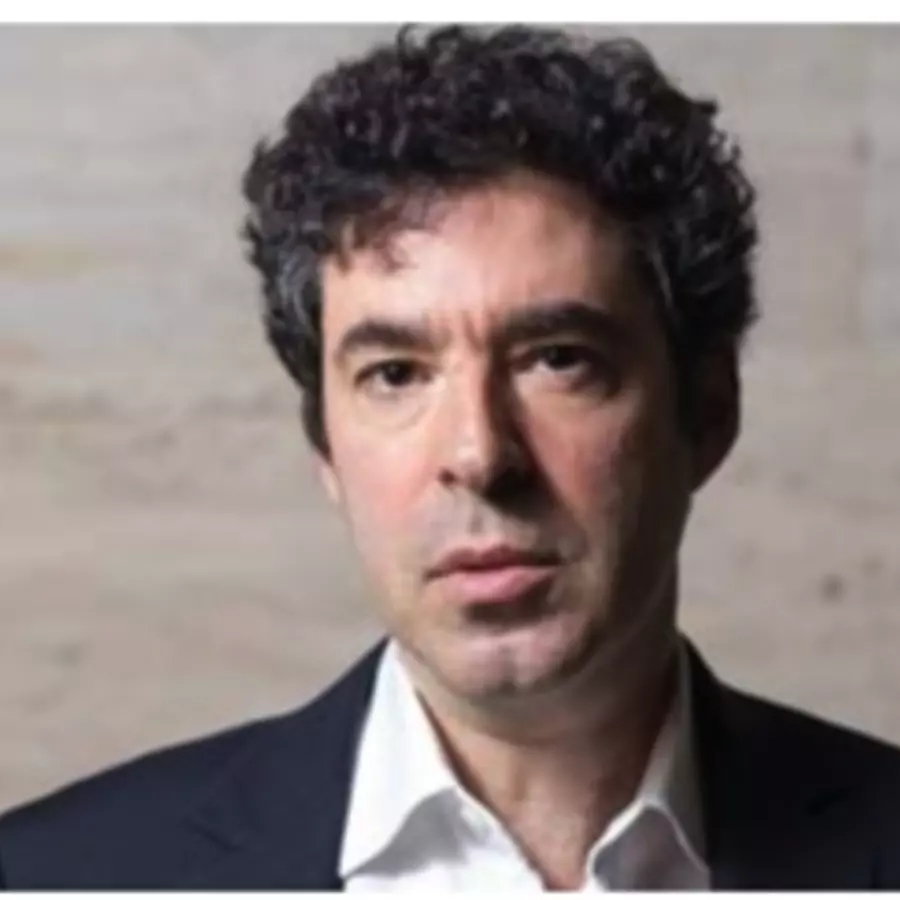
Discourse of Genocide
Jason Stanley
Abstract: As the child of two Holocaust survivors, I was drawn to the field of philosophy to explore questions about the conditions that made the Holocaust possible. Instead, I became a Philosopher of Language. I now find myself returning to my initial hope for philosophy and exploring the extent to which the philosophy of language can be of some use in understanding the Holocaust and answering the questions that first drew me into the field. In this lecture, I will detail the role a philosophical approach language can play in elucidating the emergence of fascism and I’ll explain how philosophy can be used to guard against authoritarian tendencies in democratic societies.
Author: Jason Stanley is Jacob Urowsky Professor of Philosophy and Linguistics at Yale University. He is the author of five books, including Knowledge and Practical Interests, How Propaganda Works, and How Fascism Works: The Politics of Us and Them. In fall 2023, The Politics of Language, co-authored with David Beaver, will be published with Princeton University Press.

Debating the Good
Timothy Williamson
Abstract: ‘What good is philosophy?’ is itself a philosophical question. That is not just because it has the kind of abstract generality characteristic of philosophical questions. It is also a question about value. The good has been a central topic of philosophy since Socrates. Philosophers still discuss value questions openly. By contrast, the natural and social sciences tend to conceive themselves as value-free inquiries; in effect, they forbid themselves from discussing value questions—though they may do it on the quiet. Philosophy is rare, perhaps unique, in its willingness to discuss value questions explicitly, systematically, and critically. They need to be discussed, because our decisions depend on what we take to be good. Since the question is philosophical, so are the answers. Even those who say ‘Philosophy is no good’ are making a philosophical statement. If they want to make a reasoned case for their claim, they have to be willing to reason about the good. Of course, without doing philosophy, someone can still sack philosophers, or shoot them, but normal humans feel a need to give reasons for their actions; when we encounter people whose beliefs about what is good differ from our own, that need drives us towards philosophy.
Author: Timothy Williamson is the Wykeham Professor of Logic at New College, Oxford and a Fellow of the British Academy. He is the author of Knowledge and Its Limits, Vagueness, The Philosophy of Philosophy, and Doing Philosophy: From Common Curiosity to Logical Reasoning. He has also written popular philosophy pieces for The New York Times and The New Statesman

Values and Public Policy
Jonathan Wolff
Abstract: For the last 25 years or so a major focus of my work has been at the intersection of public policy and philosophy, with the aim of bringing benefits to both sides. From the side of public policy virtually every policy question ultimately appeals to values, most often implicitly, and so bringing those values to the surface and reflecting upon them has the chance of improving the quality of decision making. From the side of philosophy, if philosophy can be shown to improve public policy deliberation, then the value of philosophy – often questioned – is reaffirmed in several ways. However, the nature of the interaction between philosophy and public policy is itself a matter for discussion, and I will explain my preferred approach of starting from public policy dilemmas, rather than attempting to impose or apply philosophical theory.
Author: Jonathan Wolff is Alfred Landecker Professor of Values and Public Policy at the Blavatnik School of Government, University of Oxford and Governing Body Fellow, Wolfson College Oxford. He is the author of Ethics and Public Policy: A Philosophical Inquiry and The Human Right to Health, and he has written numerous pieces of public philosophy for The Guardian, The New Statesman, and The Philosopher’s Magazine.
